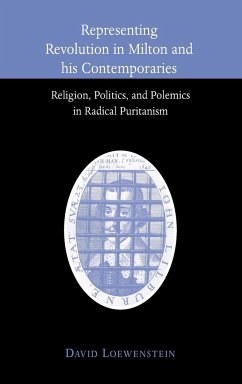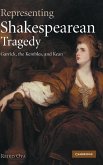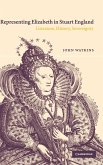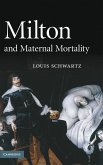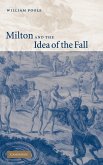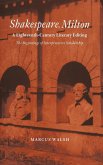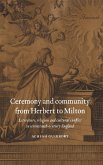David Loewenstein's book is a wide-ranging exploration of the interactions of literature, polemics and religious politics in the English Revolution. Loewenstein highlights the powerful spiritual beliefs and religious ideologies in the polemical struggles of Milton, Marvell and their radical Puritan contemporaries during these revolutionary decades. By examining a wide range of canonical and non-canonical writers - John Lilburne, Winstanley the Digger, and Milton, amongst others - he reveals how radical Puritans struggled with the contradictions and ambiguities of the English Revolution and its political regimes. His portrait of a faction-riven, violent seventeenth-century revolutionary culture is an original and significant contribution to our understanding of these turbulent decades and their aftermath. By placing Milton's great poems in the context of the period's radical religious politics, it should be of interest to historians as well as literary scholars.
Table of contents:
Acknowledgements; Note on abbreviations and citations; Introduction; Part I. Radical Puritanism and Polemical Responses: 1. Lilburne, Leveller polemic and the ambiguities of the Revolution; 2. Gerrard Winstanley and the crisis of Revolution; 3. Ranter and fifth monarchist prophecies: the revolutionary visions of Abiezer Coppe and Anna Trapnel; 4. The war of the Lamb: the revolutionary discourse of George Fox and early Quakerism; 5. Marvell, the saints, and the protectorate; Part II. Milton: Radical Puritan Politics, Polemics and Poetry: 6. Milton, antichristian revolts, and the English revolution; 7. Radical puritan politics and Satan's revolution in Paradise Lost; 8. The kingdom within: radical religion and politics in Paradise Regained; 9. The saint's revenge: radical religion and politics in Samson Agonistes; Afterword: two-handed engine: politics and spiritual warfare in the 1671 poems; Notes; Index.
Loewenstein's book is a wide-ranging exploration of the interactions of literature, polemics and religious politics in the English Revolution. Loewenstein highlights the powerful spiritual beliefs and religious ideologies in the polemical struggles of Milton, Marvell and their radical Puritan contemporaries during these revolutionary decades.
Loewenstein explores the interactions of literature, polemics and religious politics in the English Revolution.
Table of contents:
Acknowledgements; Note on abbreviations and citations; Introduction; Part I. Radical Puritanism and Polemical Responses: 1. Lilburne, Leveller polemic and the ambiguities of the Revolution; 2. Gerrard Winstanley and the crisis of Revolution; 3. Ranter and fifth monarchist prophecies: the revolutionary visions of Abiezer Coppe and Anna Trapnel; 4. The war of the Lamb: the revolutionary discourse of George Fox and early Quakerism; 5. Marvell, the saints, and the protectorate; Part II. Milton: Radical Puritan Politics, Polemics and Poetry: 6. Milton, antichristian revolts, and the English revolution; 7. Radical puritan politics and Satan's revolution in Paradise Lost; 8. The kingdom within: radical religion and politics in Paradise Regained; 9. The saint's revenge: radical religion and politics in Samson Agonistes; Afterword: two-handed engine: politics and spiritual warfare in the 1671 poems; Notes; Index.
Loewenstein's book is a wide-ranging exploration of the interactions of literature, polemics and religious politics in the English Revolution. Loewenstein highlights the powerful spiritual beliefs and religious ideologies in the polemical struggles of Milton, Marvell and their radical Puritan contemporaries during these revolutionary decades.
Loewenstein explores the interactions of literature, polemics and religious politics in the English Revolution.

